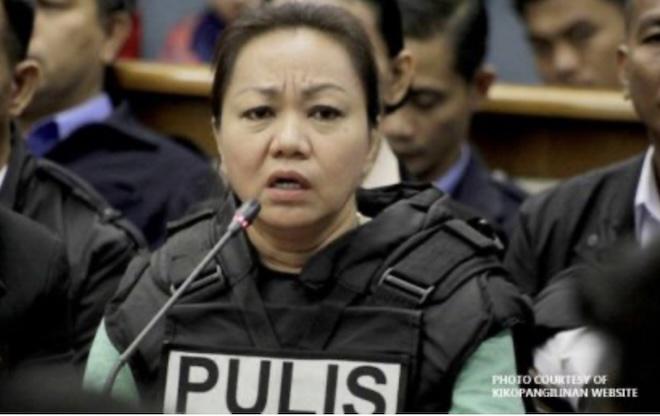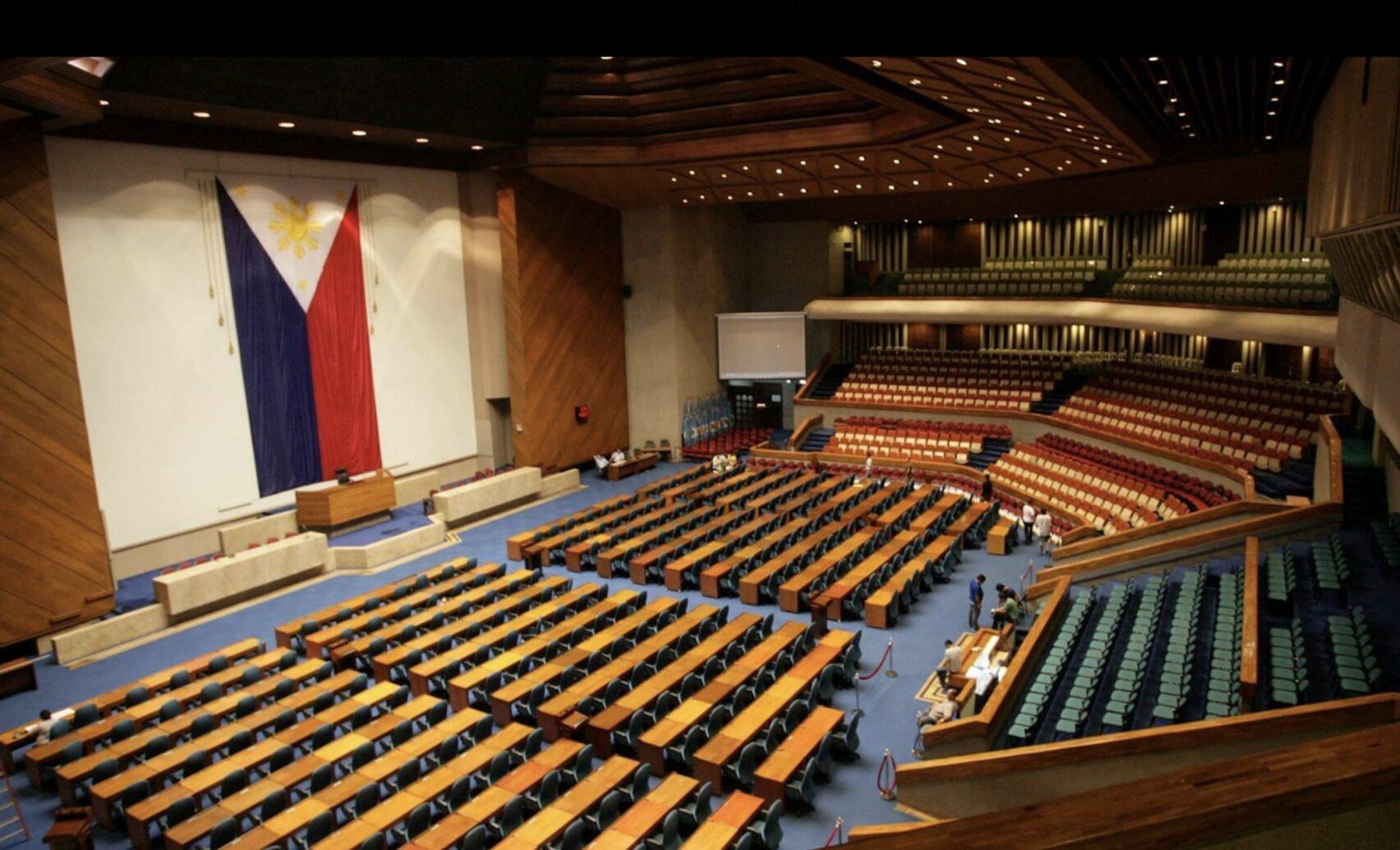In the 2025 midterm elections, Filipino Millennials and Gen Z voters did not just make up the numbers. They made a statement.
Born between the early 1980s and early 2000s, these generations now form the majority of the Philippine’s voting population.
According to the Commission on Elections, Millennials (ages 29–44) and Gen Z (ages 18–28) combined to make up an estimated 63% of registered voters and 68% of the total voting-age population—a demographic force too large to ignore.
For years, political analysts questioned whether these digitally native, socially conscious generations would translate their online activism into meaningful turnout.
This year, they did—with a level of clarity and intention that signaled a shift in the nation’s political tides.
These voters are far from monolithic. Some supported familiar names; others turned to independents, sectoral groups, or returned opposition figures.
But regardless of political affiliation, one thing united their vote: purpose. These generations shaped by economic precarity, climate anxiety, mental health challenges, a pandemic, and nonstop information warfare—have grown wary of performative leadership.
In 2025, many voted for those who acknowledged their realities, not those who dictated narratives from above.
Their impact was measurable. Former senators Bam Aquino and Kiko Pangilinan, widely seen as longshots in early surveys, surged back into the Senate with support rooted in youth and progressive circles.
Reform-driven party-list groups advocating education reform, clean governance, and human rights saw renewed momentum.
In the local races, candidates who relied on grassroots social media engagement often outperformed better-funded dynasties. In many contests, legacy names were no longer an asset—they were a liability.
This was more than a voter turnout story. It was a political coming-of-age—two generations
Many of these young Filipinos had spent the past decade watching older generations steer the country’s direction with little regard for those who would live with the consequences.
And they did it differently. Through TikTok explainers, Reddit threads, Twitter spaces, Discord debates, livestreamed town halls, and fact-checking collectives, they bypassed traditional gatekeepers.
They didn’t wait for mainstream media or political machines to validate their voices. They became the validators, the informers, and the organizers.
But their influence now comes with a test. A vote is not the culmination of political engagement—it is the beginning.
To maintain momentum, young voters must continue participating, questioning, and organizing. At the same time, leaders who benefitted from this energized base must now show they were worthy of that trust—or risk losing it just as quickly.
The 2025 elections will be remembered not only for who won, but for who made them win. For the first time in modern Philippine history, the nation witnessed what happens when a generation stops waiting for its turn and takes it instead.






